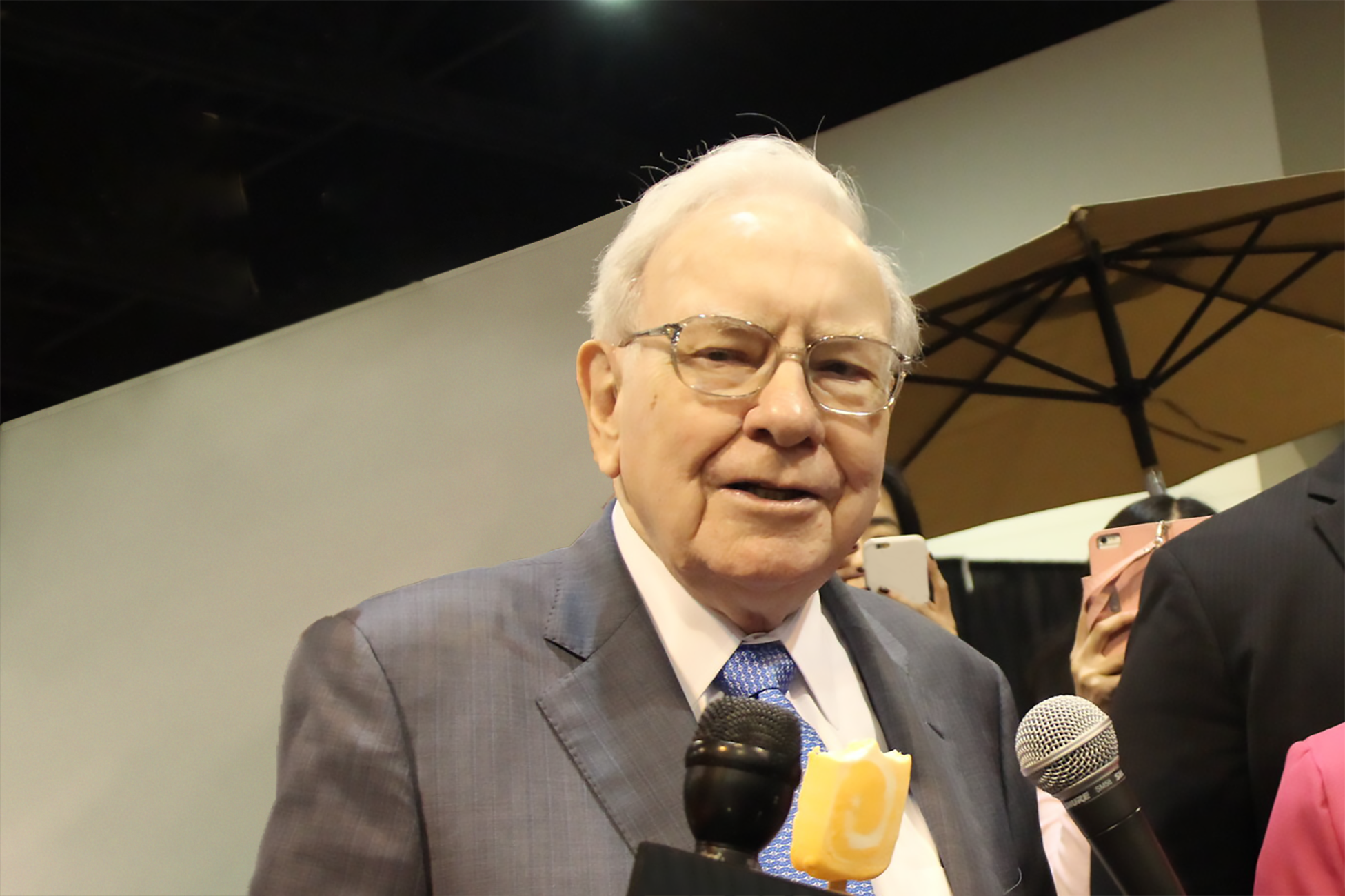A court filing released Tuesday showed that in 2007, Apple's (AAPL +0.07%) co-founder Steve Jobs threatened Palm's then-CEO Edward Colligan with a patent war if Palm wouldn't stop recruiting Apple employees.
The late Jobs' communications to Colligan -- and to others -- were revealed in the course of a civil lawsuit brought against Apple, Google (GOOG 1.92%), Intel, among other high-tech companies, by five workers claiming an illegal conspiracy to keep wages low by agreeing not to recruit each other's employees.
The defendants wanted to keep their documents buried, but U.S. District Judge Lucy Koh ruled that some must be made part of the public record.
According to a sworn statement made by Colligan, Jobs' quid pro quo offer that the two companies stop any employee poaching was seasoned by "Mr. Jobs [suggesting] that if Palm did not agree to such an arrangement, Palm could face lawsuits alleging infringement of Apple's many patents."
In a note to Colligan, Jobs' did more than imply that with Apple's huge treasury any court battle between their two companies would not be much of a contest.
"I'm sure you realize the asymmetry in the financial resources of our respective companies when you say: 'We will both just end up paying a lot of lawyers a lot of money,'" Jobs wrote.
Future iPhone threat
Jobs also had concerns about another even more significant company trying to lure away Apple employees -- and rightfully so, as this 2006 note to Google CEO Eric Schmidt reveals:
"Eric, I am told that Googles new cell phone software group is relentlessly recruiting in our iPod group. If this is indeed true, can you put a stop to it? Thanks, Steve"
It's hard to swallow, but here's Schmidt's reply:
"I'm sorry to hear this; we have a policy of no recruiting of Apple employees. I will investigate immediately ! Eric"
The above communications -- and several more from Adobe, LucasFilm, Intel, and Pixar -- can be found on The Verge, and make it look like the plaintiffs may have a strong case. Judge Koh is deciding if their suit should go forward as a class action. If so, the damages could be substantial.









